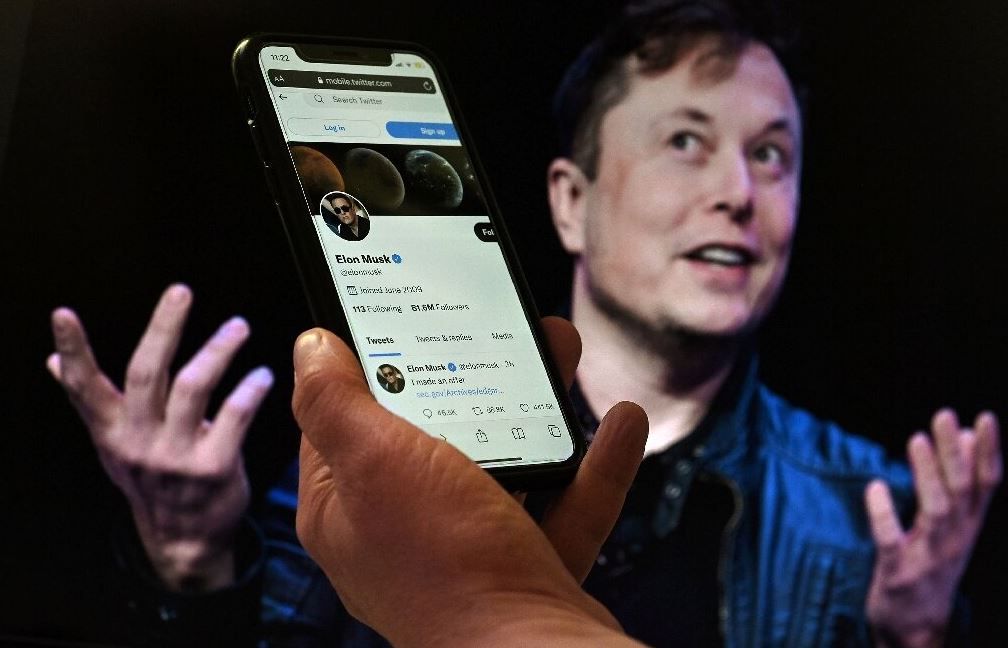As a result of Elon Musk suspending his attempt to purchase Twitter owing to concerns around “bots,” the artificially run accounts have found themselves at the centre of the most recent debate regarding the planned acquisition.
Because the programme is so widespread and can be such a nuisance, technology behemoths like Meta, Google, and Twitter have established teams specifically tasked with eliminating bots, and cybersecurity companies also market protections against them.
According to Tamer Hassan, co-founder and chief executive officer of the cybersecurity company HUMAN, “bots” are, at their most fundamental level, software programmes that interact with internet platforms or their users while seeming to be human people.
According to Hassan, whose company specialises in telling humans and software apart on the internet, malicious bots have gotten more smart and are one of the most significant cyber risks of this decade.
According to independent analyst Rob Enderle, the term “bots” is commonly used on Twitter to describe fake accounts that are powered by some form of artificial intelligence and that are able to fire off posts and even react to what is posted by others. These fake accounts can fire off posts and even react to what is posted by others.
According to Hassan, who spoke to AFP, bots are used in almost three quarters of all online security and fraud occurrences. These instances range from the dissemination of socially divisive tweets to the acquisition of hot concert tickets and hacking.
“Bots may be used to propagate material across various social media platforms in order to influence people’s views, attract emotions, and even result in crimes.”
On social media, bots may be used to disseminate fake information to a large number of users, guide users to misinformation, steer people to websites with questionable content, and make phoney posts seem to have a large number of shares or “likes.”
Hassan also said that bots on social media platforms might trick individuals into falling for financial frauds.
According to researcher Enderle, “Bots have been present on social networking sites for quite some time.” The use of bots has been linked to efforts to influence the election in the United States and alter perceptions about Russia’s assault on Ukraine.
Twitter generates revenue from advertisements, and businesses pay to target actual individuals rather than platforms or software.
Enderle made the observation that advertising to bots would not result in a high closure rate since bots do not make purchases of things.
According to Enderle, marketers are being overcharged if they are required to pay fees to Twitter depending on the number of people who see their advertisements, and if those figures are inflated owing to the presence of bots among the online audience.
If Twitter is hiding the fact that it has much more bots than it is letting on, the company’s earnings might take a significant hit when those accounts are discovered and deleted.
The Chief Executive Officer of Twitter, Parag Agrawal, has said that less than five percent of accounts that are active on any given day at Twitter are bots; however, this study cannot be reproduced outside owing to the need that user data be kept private.
Musk said in a post that the actual number of bots may be four times greater, and he has stated that if he controlled the platform, he would make getting rid of them a priority.
Twitter has regulations about the automated activities that may and cannot be performed by accounts. These limitations include preventing software from posting about trending topics, sending spam, trying to influence online discussions, and working across many accounts.
“a vehicle to escape the purchase or obtain a cheaper price,” Enderle said, “bots are a recognised social media issue,” and the fact that Musk has made it a sticking point at this late stage in the acquisition process looks to likely be “a vehicle to get a lower price.”

